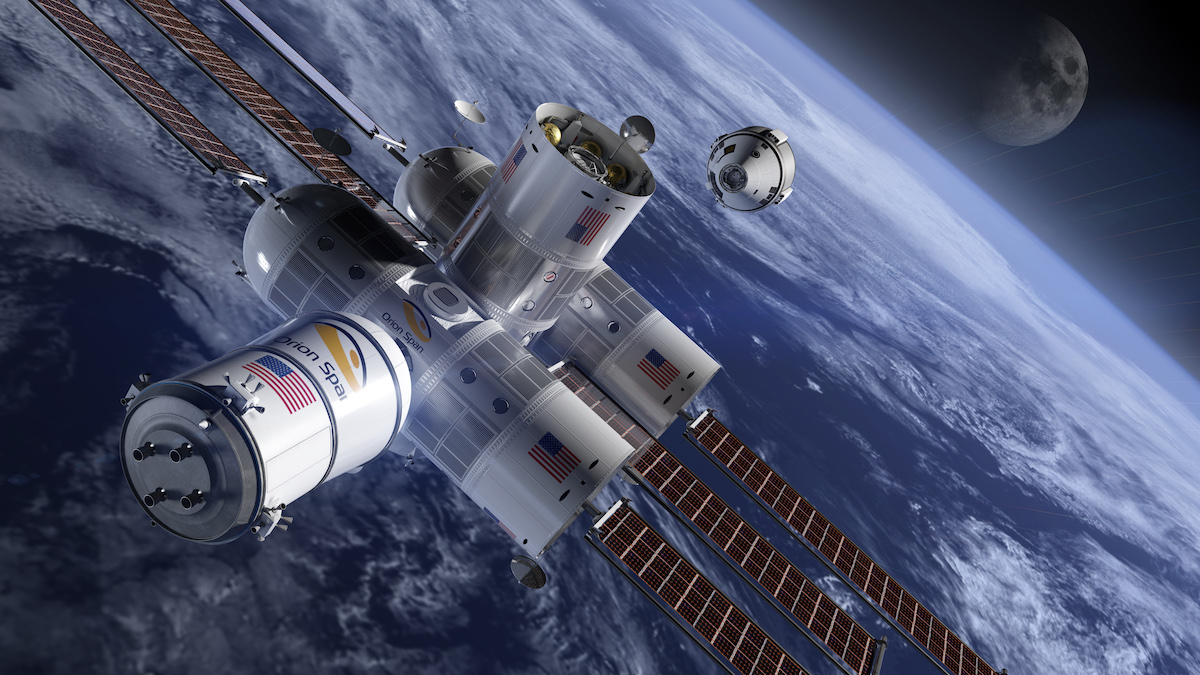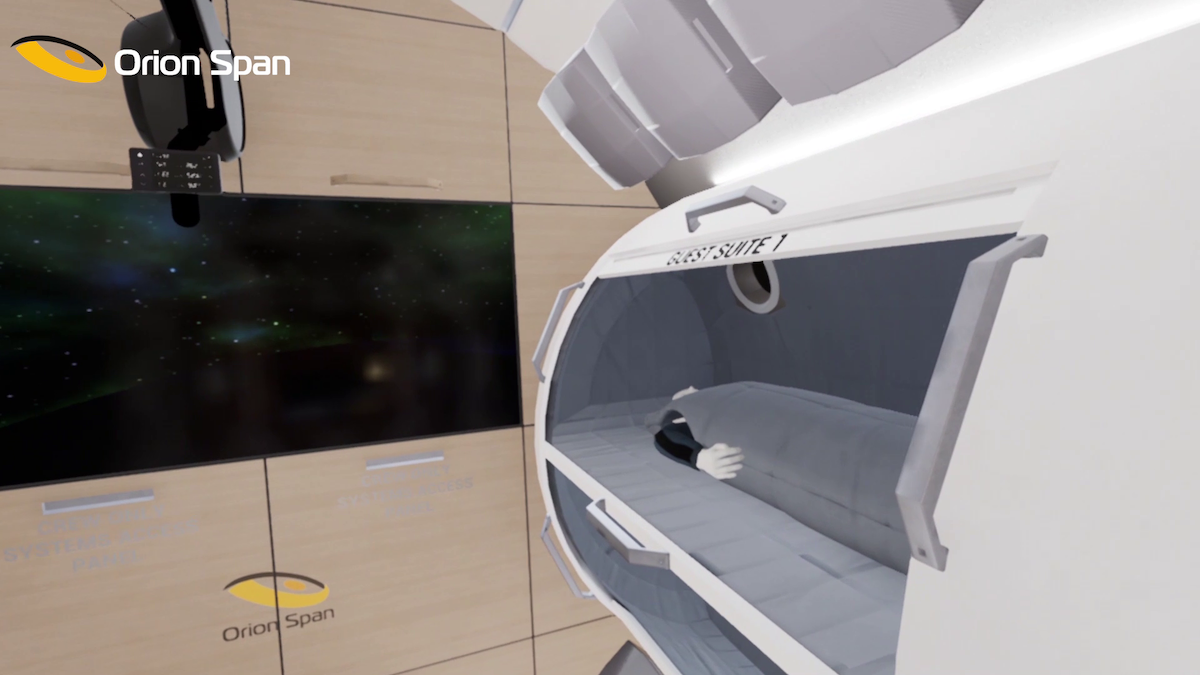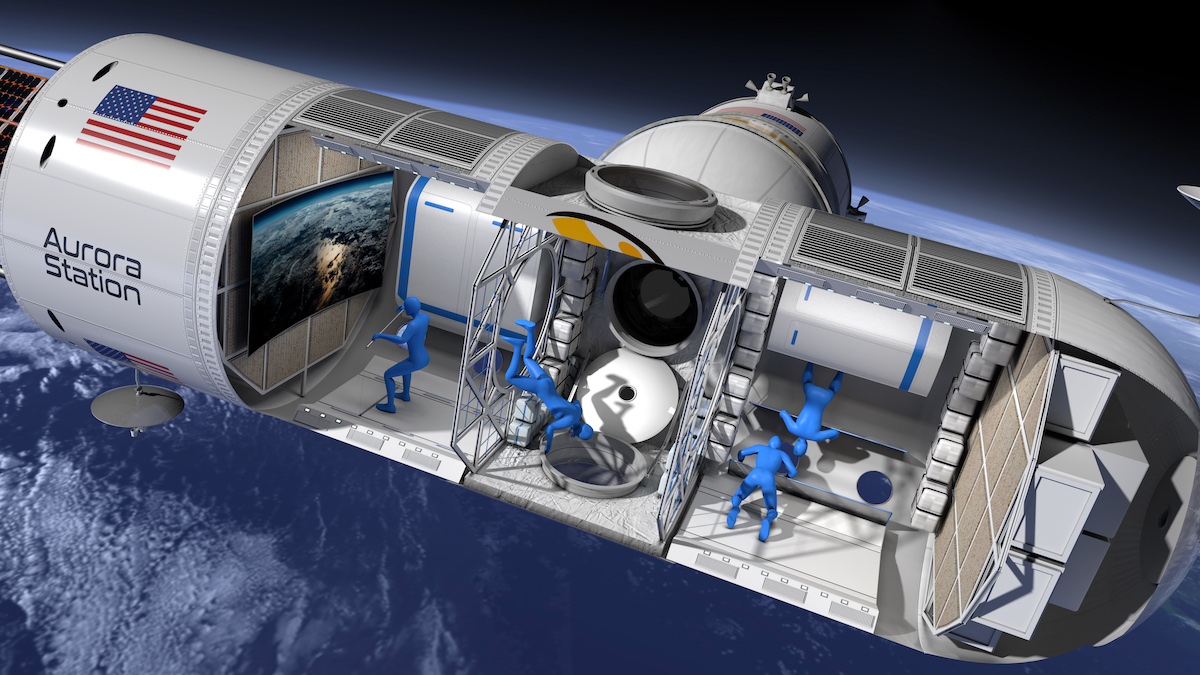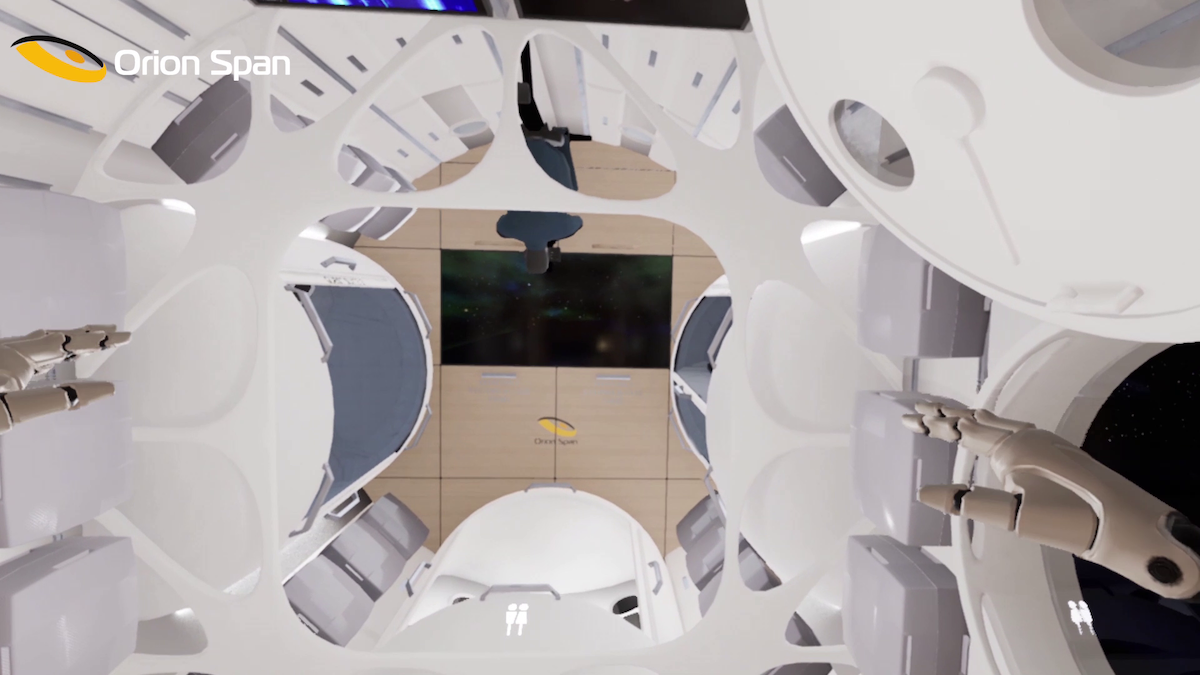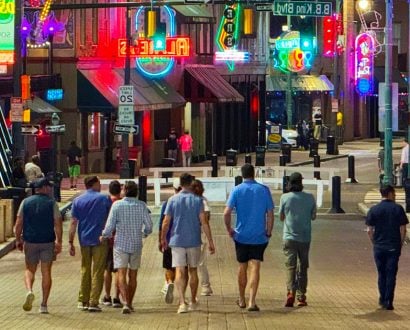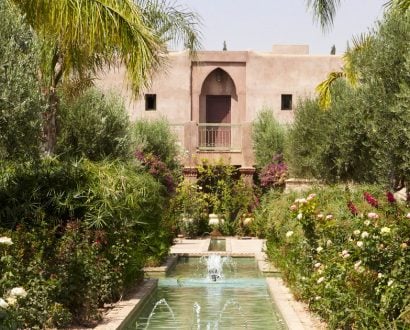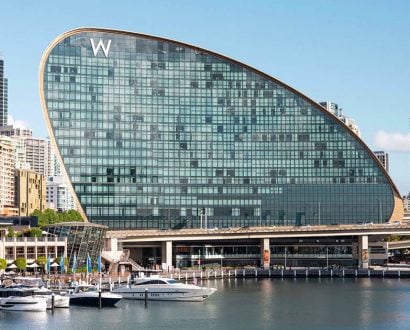How’s this for value: for US$9.5 million, you can stay in a 42 square-metre space with five other people for 12 days and eat freeze-dried food for every single meal.
No? What if the 42 square-metre space is a space station floating 322km above Earth?
Orion Span, a space technology start-up based in Houston, USA, is gearing up to take guests onto the Aurora Station, which it is calling the world’s first space hotel, in 2022.
A maximum of four guests can go at any one time, accompanied by two staff members. To secure a spot, aspiring astronauts simply have to pay a refundable deposit of US$80,000 in cash or – unsurprisingly for such a futuristic endeavour – in cryptocurrency.
It’s been touted as a luxury experience, but besides the price tag, nothing else about it reads like one. In fact, it sounds more like compressed astronaut training than a holiday – which may be why Orion Span is marketing it as an authentic taste of what being an astronaut is like.
Prior to the trip, guests have to complete the three-month Orion Span Astronaut Certification (OSAC), which is a streamlined version of the 24-month training that professional astronauts go through, and is also recognised by other space entities.
It includes a theory module that can be completed via an app, followed by in-person training conducted at the company’s facility in Houston.
These two modules aim to help guests understand basic spaceflight and orbital mechanics, as well as get used to weightlessness in space. The training doesn’t stop there; time on board Aurora Station counts as part of the certification, too, so guests are not considered fully certified until after their space holiday.
Once on the station, guests will experience a complete orbit around Earth every 90 minutes, adding up to a total of 16 sunrises and sunsets every 24 hours.
They will also get to see the northern and southern auroras from above, fly over their hometowns and make calls to loved ones back home using high-speed wireless internet access.
As part of the authentic astronaut experience, guests may take part in research, such as trying to grow food in orbit, which they can then take home as souvenirs.
Upon completion of the trip – and hence, the OSAC – guests will be considered bona fide astronauts and treated to a hero’s welcome home, not unlike the fanfare professional astronauts get upon completing their missions.
If taking to space doesn’t appeal, read The top 10 most amazing holidays on earth.

